Should You Put Nitrogen In Your Car's Tires?

Air typically features about 78 percent nitrogen, so why should you pay more to fill your car’s tires with pure nitrogen? Is there a tangible reason to spend more on this or are dealerships and auto shops just blowing hot air?
The short answer is that nitrogen is a waste of time and money and that mechanics are trying to make some money from a problem that doesn’t really exist.
When it comes to your tires, air is a big deal. Air contracts and expands depending on the temperature. For every change of 10 degrees Fahrenheit, a tire’s pressure will change about 1 PSI (pound per square inch). This is why it’s recommended to check your tires on a regular basis.
Air isn’t the only gas to be affected by the weather like this, nitrogen is just as reactive to the temperature.
“Nitrogen does not replace the need to regularly check your air pressure,” says Lou Trottier, owner of All About Imports a repair shop that sees its fair share of tire-changes. Trottier said he just doesn’t see the benefit of nitrogen for consumers.
Less Leaking
However, a tire filled with pure Nitrogen leaks less, at a rate that is about one third slower than normal air. This means that if you’re not in the habit of checking your tire pressures often, then using nitrogen wouldn’t be a bad idea. Since the tire would lose pressure at a slower rate, your lazy habits will be absolved.
The reality is, most folks are getting their tires checked on a regular basis, every time they get their oil changed.
Water Resistant
If unpredictable air is an issue then water is too. That dingy air pump at the gas station may not be giving your tires the good stuff, and might be slipping a bit of water-vapor into your tire. That’s really bad since water reacts even more drastically to temperature than just air.
In comparison, nitrogen is considered a dry gas, which means filling your tires with it will ensure you won’t get any water in there, making for consistent pressure changes in cold or hot weather, and giving you some peace of mind.
SEE ALSO: When Should You Put Your Winter Tires on?
Is It Worth It?
At $10 a tire, filling up with nitrogen isn’t cheap. For the lazy bunch out there, it might be appealing, but certainly isn’t worth it. Besides, checking your tire pressures should be part of your responsibilities as a car owner.
Even tire company Continental has an official stance on filling their tires with nitrogen.
“For normal everyday consumer tire service applications, nitrogen tire inflation is not required,” says a bulletin posted by the company. “The use of nitrogen alone does not substitute for the importance of regularly checking tire inflation pressure.”
But commercial and work trucks fleets have been using nitrogen in their tires for years, why would it make more sense to those operators? The reasoning is scale: ensuring all the tires in a fleet are at the correct PSI means that the fleet’s fuel economy will not fluctuate. Most trucks already don’t have good fuel economy and fleets are spending a lot of money on gas.
As these vehicles are on the road for a long time, they might not get the chance to have their tires checked often. The longer they’re at the optimum PSI, the better their average fuel economy and the less money is spent on fuel over the whole fleet.
SEE ALSO: When to Get Your Wheels Balanced
The Verdict
While nitrogen filled tires are more consistent when it comes to pressure and temperature, the better money would be spent on an accurate tire pressure gauge and quality air compressor. As a one-time purchase, these two products will make themselves useful every time you check your tires.

Sami has an unquenchable thirst for car knowledge and has been at AutoGuide for the past six years. He has a degree in journalism and media studies from the University of Guelph-Humber in Toronto and has won multiple journalism awards from the Automotive Journalist Association of Canada. Sami is also on the jury for the World Car Awards.
More by Sami Haj-Assaad



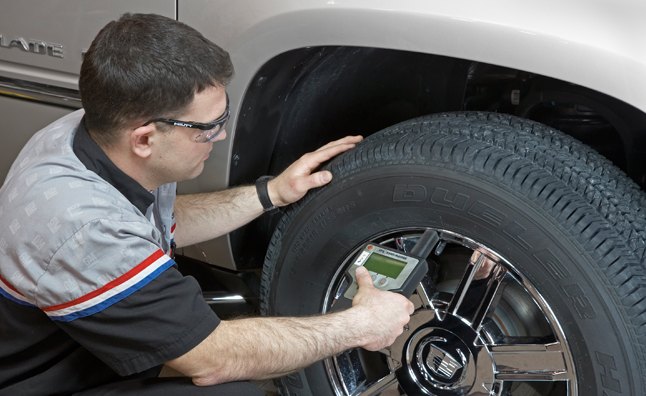














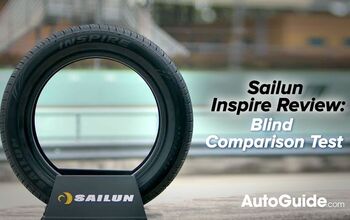
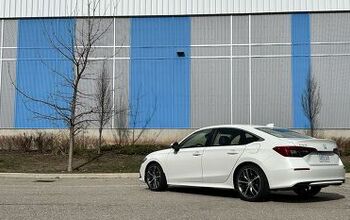


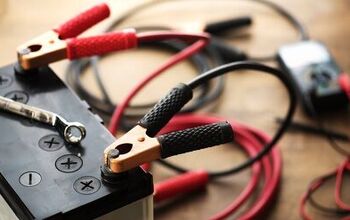



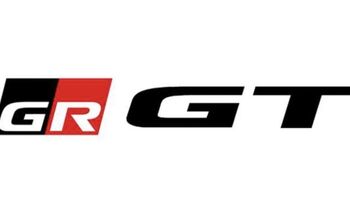



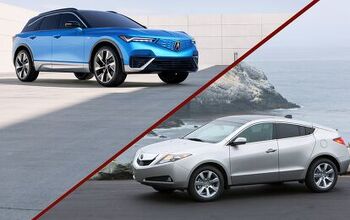

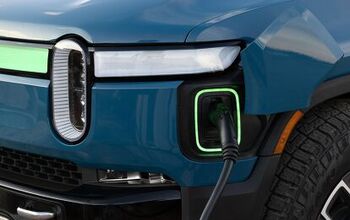
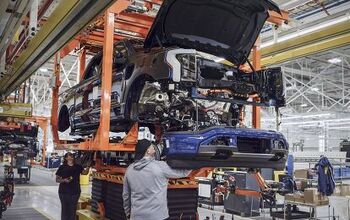
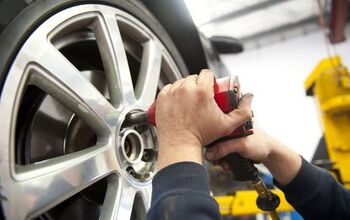
Comments
Join the conversation
I love when uneducated people write technical articles... slowly but surely ruining the internet.
One more reason to use nitrogen. Since it does not introduce moisture into the tire, your steel wheels are much less likely to develop rust/corrosion.